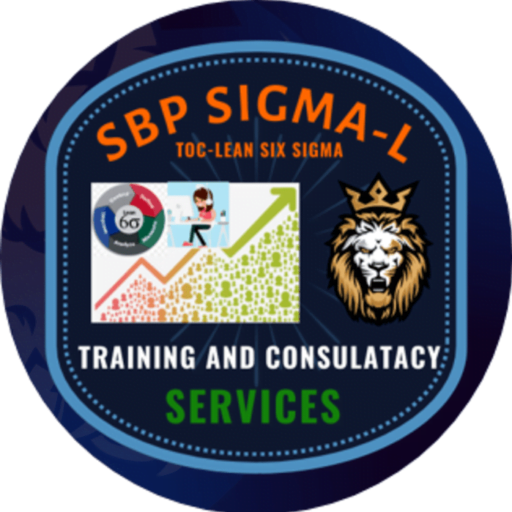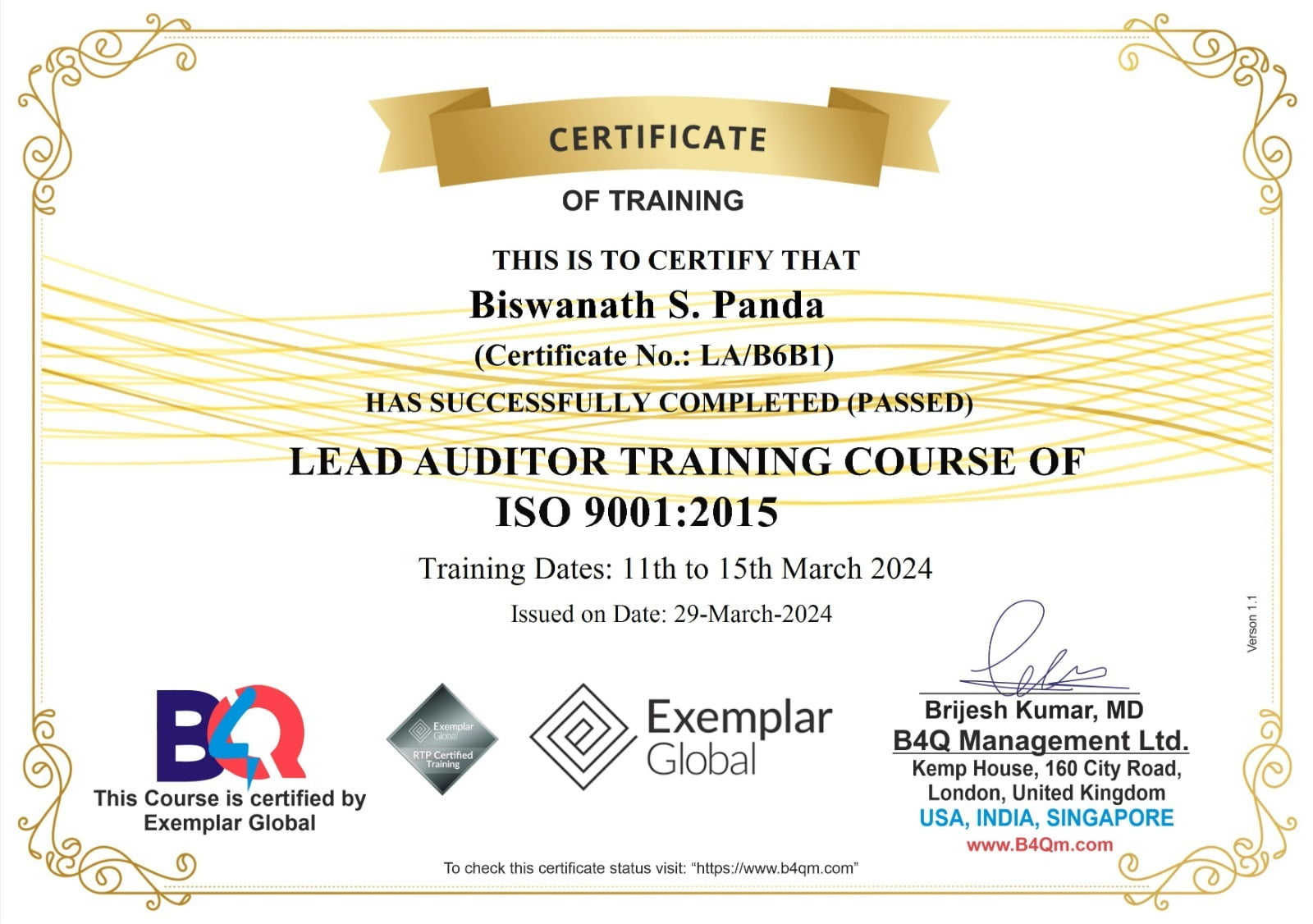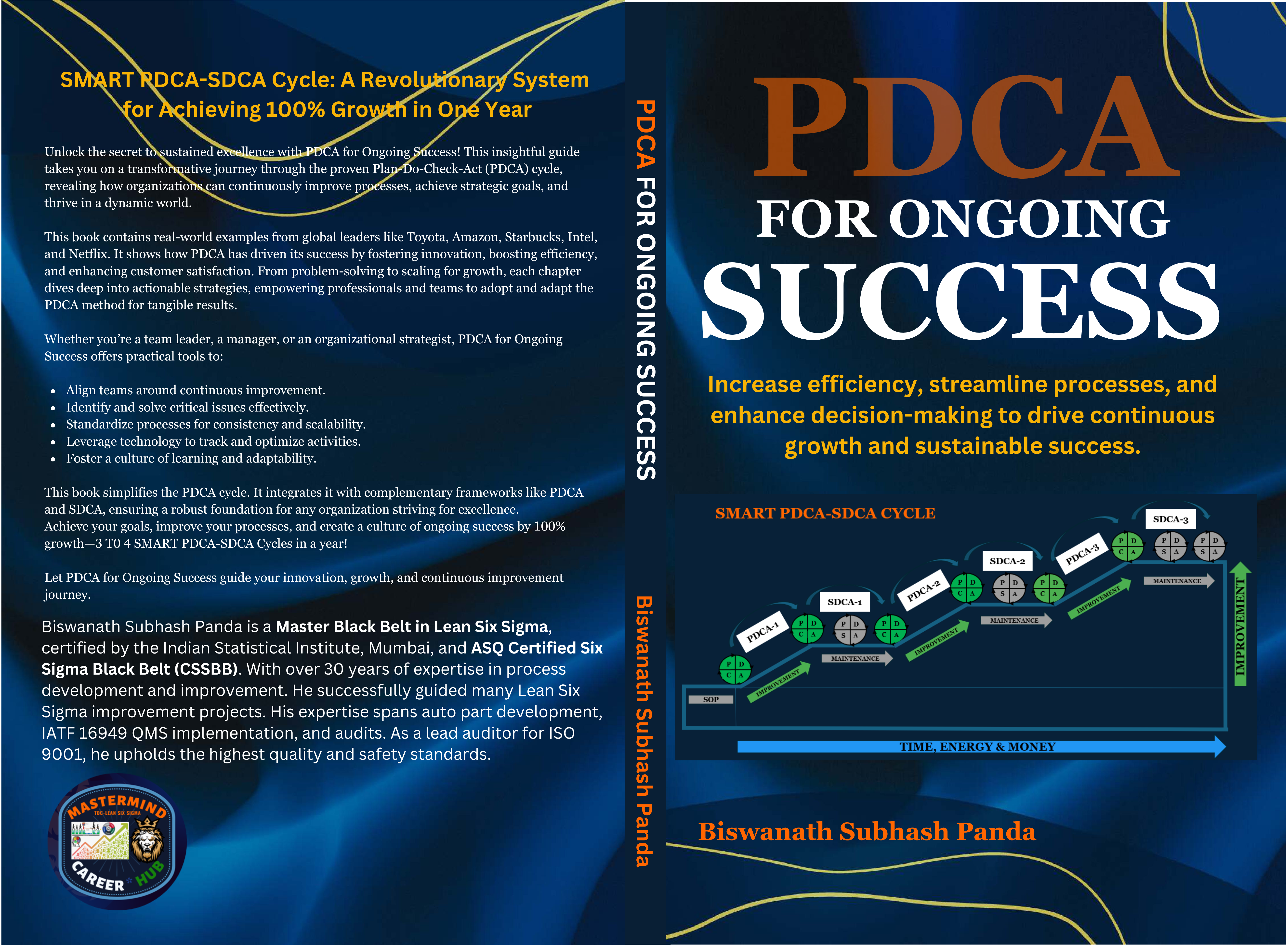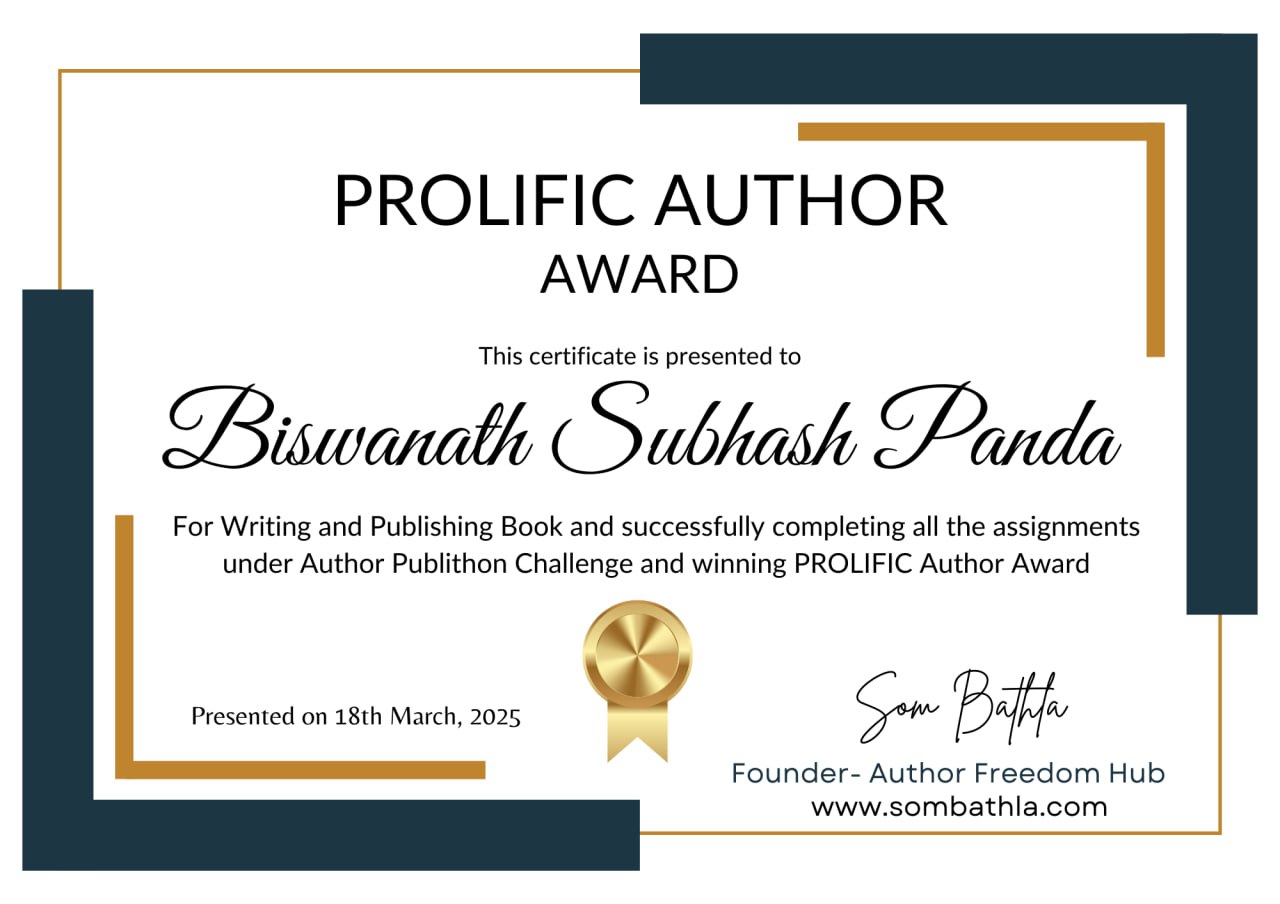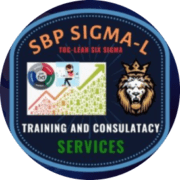Case Studies
Problem Definition:-
Our esteemed customer, Skytech Engineering Pune, has been facing significant challenges in achieving growth over the past year. The primary issue lies in the lack of availability and proper documentation of the Quality Management System (QMS) as per the ISO 9001:2015 standards. Although Skytech Engineering has undergone multiple customer audits, the conversion rate of these audits into tangible business opportunities has been disappointingly low.
This situation has led to a stagnation in their growth trajectory, as the absence of an up-to-date ISO 9001:2015 certification undermines their credibility and competitive edge in the market. It is imperative to address this issue promptly to enhance their compliance with industry standards, improve audit outcomes, and ultimately drive business growth.
Solution:–
Comprehensive Analysis and Strategic Support
Skytech Engineering Pune, a valued client, has been grappling with growth challenges over the past year due to the absence of a current ISO 9001:2015 Quality Management System (QMS) certification. Recognizing the critical importance of this certification for maintaining competitiveness and fostering business growth, SBP SigmaL ISO Certification’s has taken on the challenge to assist Skytech Engineering in bridging the gap between their existing quality management practices and the stringent requirements of ISO 9001:2015.
Initial Gap Analysis and Strategic Consultation
To kickstart this process, our experienced ISO consultants at SBP SigmaL ISO Certification’s conducted a thorough gap analysis. This involved a meticulous examination of Skytech Engineering’s existing systems, procedures, and processes in relation to the ISO 9001:2015 standards. The primary goal was to identify discrepancies and areas of improvement that would align Skytech Engineering’s operations with customer expectations and regulatory requirements.
Our comprehensive gap analysis entailed a detailed assessment of several critical aspects:
1. Management Processes Audit
Our team, led by seasoned ISO consultants, visited the Skytech Engineering plant in Pune. During the visit, we conducted an exhaustive audit of all management processes relevant to the company’s operations. This on-site evaluation was instrumental in gaining a holistic understanding of the current practices and pinpointing specific areas that required enhancement to meet ISO 9001:2015 standards.
2. Stakeholder Interviews
A key component of our gap analysis involved conducting in-depth interviews with Skytech Engineering’s key personnel. This included extensive discussions with Mr. Satish Sharma, the Proprietor, as well as various team members. These interviews were crucial for:
Understanding Leadership Vision: Mr. Sharma’s insights provided a clear perspective on the company’s strategic vision and long-term goals, which are pivotal in shaping the QMS framework.
Assessing Team Competency: Engaging with different team members allowed us to evaluate their competency levels, especially concerning new part development, and identify training needs.
Identifying Strengths and Weaknesses: These discussions shed light on Skytech Engineering’s inherent strengths that could be leveraged and weaknesses that needed to be addressed to enhance overall operational efficiency.
3. Customer Requirements and Expectations
Customer satisfaction and alignment with client expectations are paramount in any QMS. Our consultants meticulously gathered and analyzed customer feedback to understand their specific requirements and expectations. This analysis helped us identify critical areas where Skytech Engineering needed to align their processes to meet and exceed customer expectations, thereby enhancing their market credibility and business conversion rates.
4. Internal Competency Evaluation
The capability to develop new parts and innovate is a significant factor in maintaining a competitive edge. Our gap analysis included an evaluation of Skytech Engineering’s internal competencies regarding new part development. This involved assessing the technical skills, knowledge, and resources available within the company to ensure they were adequately equipped to handle complex projects and customer demands.
Findings and Recommendations
The gap analysis revealed several key findings that formed the basis of our strategic recommendations. These findings were categorized into immediate, short-term, and long-term actions to systematically elevate Skytech Engineering’s QMS to ISO 9001:2015 standards.
Immediate Actions:
Documentation: Update and standardize all QMS documentation to reflect ISO 9001:2015 requirements, ensuring accuracy and completeness.
Training Programs: Implement immediate training sessions for staff to bridge knowledge gaps identified during the interviews, focusing on ISO standards and new part development processes.
Customer Feedback Integration: Establish a structured process to regularly collect, analyze, and integrate customer feedback into the QMS.
Short-term Actions:
Process Optimization: Redesign critical management processes to enhance efficiency, reduce redundancies, and ensure compliance with ISO standards.
Internal Audits: Conduct regular internal audits to continuously monitor compliance and identify areas for improvement.
Resource Allocation: Allocate necessary resources, including technology and manpower, to support the enhanced QMS framework.
Long-term Actions:
Continuous Improvement Culture: Foster a culture of continuous improvement within the organization by encouraging regular feedback, innovation, and proactive problem-solving.
Leadership Development: Develop leadership programs to empower management and key personnel, ensuring they are well-equipped to drive QMS initiatives.
Strategic Partnerships: Explore strategic partnerships and collaborations that could bring in additional expertise and resources to support ongoing QMS improvements.
Implementation and Support
SBP SigmaL is committed to providing ongoing support to Skytech Engineering through every phase of this transformation. Our consultants will work closely with the Skytech team to implement the recommended actions, monitor progress, and make necessary adjustments to ensure the successful achievement of ISO 9001 certification.
Implementation Phases:
Planning and Preparation:
Develop a detailed implementation plan outlining timelines, responsibilities, and milestones.
Conduct initial training sessions to prepare the team for the upcoming changes.
Execution:
Begin the process of updating documentation and optimizing processes.
Implement regular internal audits and feedback loops to monitor progress.
Review and Adjustment:
Conduct periodic reviews to assess the effectiveness of implemented changes.
Make adjustments based on audit findings and feedback from stakeholders.
Certification and Beyond:
Prepare for the final ISO 9001 certification audit by ensuring all requirements are met.
Post-certification, continue to support Skytech Engineering in maintaining compliance and driving continuous improvement.
Results:-
Skytech Engineering Pune stands at a pivotal juncture where aligning their operations with ISO 9001 standards can significantly enhance their market position and business growth. SBP SigmaL ISO Certification’s comprehensive gap analysis and strategic recommendations provide a clear roadmap for achieving this alignment. By addressing the identified gaps, optimizing processes, and fostering a culture of continuous improvement, Skytech Engineering can not only achieve ISO 9001 certification but also build a robust foundation for sustained growth and success.
Our partnership with Skytech Engineering is built on a shared commitment to excellence, quality, and customer satisfaction. We are dedicated to supporting them through this transformative journey, ensuring they emerge stronger, more competitive, and well-prepared to meet the evolving demands of the market. Together, we will pave the way for a brighter future, driven by quality, innovation, and unwavering dedication to excellence.







